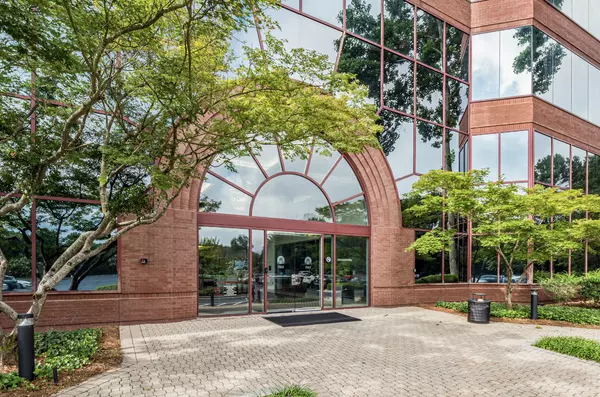

Maximizing Returns: A Guide to Commercial Real Estate Investing
Introduction:Welcome to our commercial real estate investing blog, where we delve into the lucrative world of commercial properties. Whether you're a seasoned investor or just starting out, understanding the dynamics of commercial real estate (CRE) investing can lead to substantial returns. Let's ex
Read More

Prime Office Space Available at 1165 Northchase Pkwy SE, Marietta, GA
$8,000 - Beds | - Baths | 5,000 SqFt 1165 Northchase Pkwy SE, Marietta, GA 30067-6422 Active Welcome to 1165 Northchase Parkway SE, a stunning office space located in the heart of Marietta, GA. Priced at $8,000, this meticulously designed office suite is an exceptional find for businesses seeking a
Read More

Why Commercial Real Estate Trumps Residential: A Beginner's Guide to Investing
Introduction: Welcome to our commercial real estate blog! If you're a first-time investor weighing your options between commercial and residential properties, you're in the right place. Here, we break down why commercial real estate (CRE) offers unique advantages and why it might be the better choic
Read More

Prime Business Location: 3388 Dogwood Dr, A Strategic Opportunity in Atlanta’s Booming Commercial Scene
$299,000 - Beds | - Baths | 1,400 SqFt 3388 Dogwood Dr, Atlanta, GA 30354-1447 Active Are you a business owner searching for the perfect spot to plant your roots and grow? Look no further than 3388 Dogwood Dr, Atlanta, GA 30354-1447. Priced at a competitive $299,000, this versatile office/retail spa
Read More
Categories
Recent Posts










